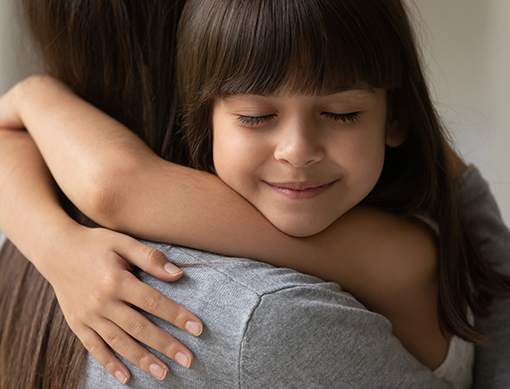Conflict is a disagreement or problem that happens between two or more people. It can happen to anyone, from best friends to enemies, whatever their age groups or family situations. Most conflicts start small, but they continue to grow, snowballing into major problems, breaking the peace in our homes and classrooms. Conflict resolution is an important skill to have, both in the classroom and in life, and worthy content for faith formation.
 As Catholic teachers, we are able to bring the wisdom of the Scriptures and our faith tradition into the conversation. When there’s a problem, it’s important to address the problem in a peaceful way, understanding both sides of the situation. Teach children to solve problems peacefully and resolve conflicts independently. By helping our students practice and adopt healthy ways of solving interpersonal problems, we help them succeed in other areas of their education and life as well.
As Catholic teachers, we are able to bring the wisdom of the Scriptures and our faith tradition into the conversation. When there’s a problem, it’s important to address the problem in a peaceful way, understanding both sides of the situation. Teach children to solve problems peacefully and resolve conflicts independently. By helping our students practice and adopt healthy ways of solving interpersonal problems, we help them succeed in other areas of their education and life as well.
Peacemakers and Peacebreakers. Have children help you make a list of situations that break the peace in a relationship. Some examples: Yell and scream. Interrupt. Fight. Tell lies. Use hurtful words. Then brainstorm ways to bring peace to a situation. Some examples: Ask for help. Use kind words. Apologize. Take turns.
Role Play with Puppets. Make and use puppets to role play scenarios of peacemaking and peace breaking that children encounter. You can role-play resolving conflict with a bully, fixing a friendship after a fight, or getting along with a sibling.
How to Deal with a Bully, Dr. Tim Hogan’s article within RCL Benziger's Flourish for Family Life offers background you can use in the classroom to help children resolve conflicts they encounter from bullies. Discover more about conflict resolution and peacemaking in the Family Life series lessons.
Wisdom from Scripture. The Bible offers guidance to people of faith about resolving conflicts. Ask students to choose one of the Bible messages that can guide them in resolving in the conflicts that they listed or role-played. Ask them to explain why this Scripture verse is helpful.
• Preserve unity: “…making every effort to maintain the unity of the Spirit in the bond of peace.” Ephesians 4:3.
• Be a peacemaker: “Blessed are the peacemakers, for they will be called children of God.” Matthew 5:9.
• Put the interests of others ahead of your own: “Let each of you look not to your own interests, but to the interests of others.” Philippians 2:4.
• Seek the wisdom of God: “For where there is envy and selfish ambition, there will also be disorder and wickedness of every kind. But the wisdom from above is first pure, then peaceable, gentle, willing to yield, full of mercy and good fruits, without a trace of partiality or hypocrisy. And a harvest of righteousness is sown in peace for those who make peace.” James 3:16-18. • Pray: “Therefore confess your sins to one another, and pray for one another, so that you may be healed. The prayer of the righteous is powerful and effective.” James 5:16.
Expressing Peace through Art. Encourage children to draw a picture to depict a story that includes a problem between friends. Make Origami Peace doves (Do a Google search for directions.) Place these doves around your classroom as a reminder of our call to be “People of Peace.”
 About the Author
About the AuthorDr. Lauri Przybysz specializes in equipping families to live their vocation to be domestic churches and signs of God’s love. Lauri received the Doctor of Ministry from the Catholic University of America, and she has been both a Catholic middle school religion teacher and a faith formation coordinator at the archdiocesan and parish levels. She is the mother of six children and grandmother of 21.
